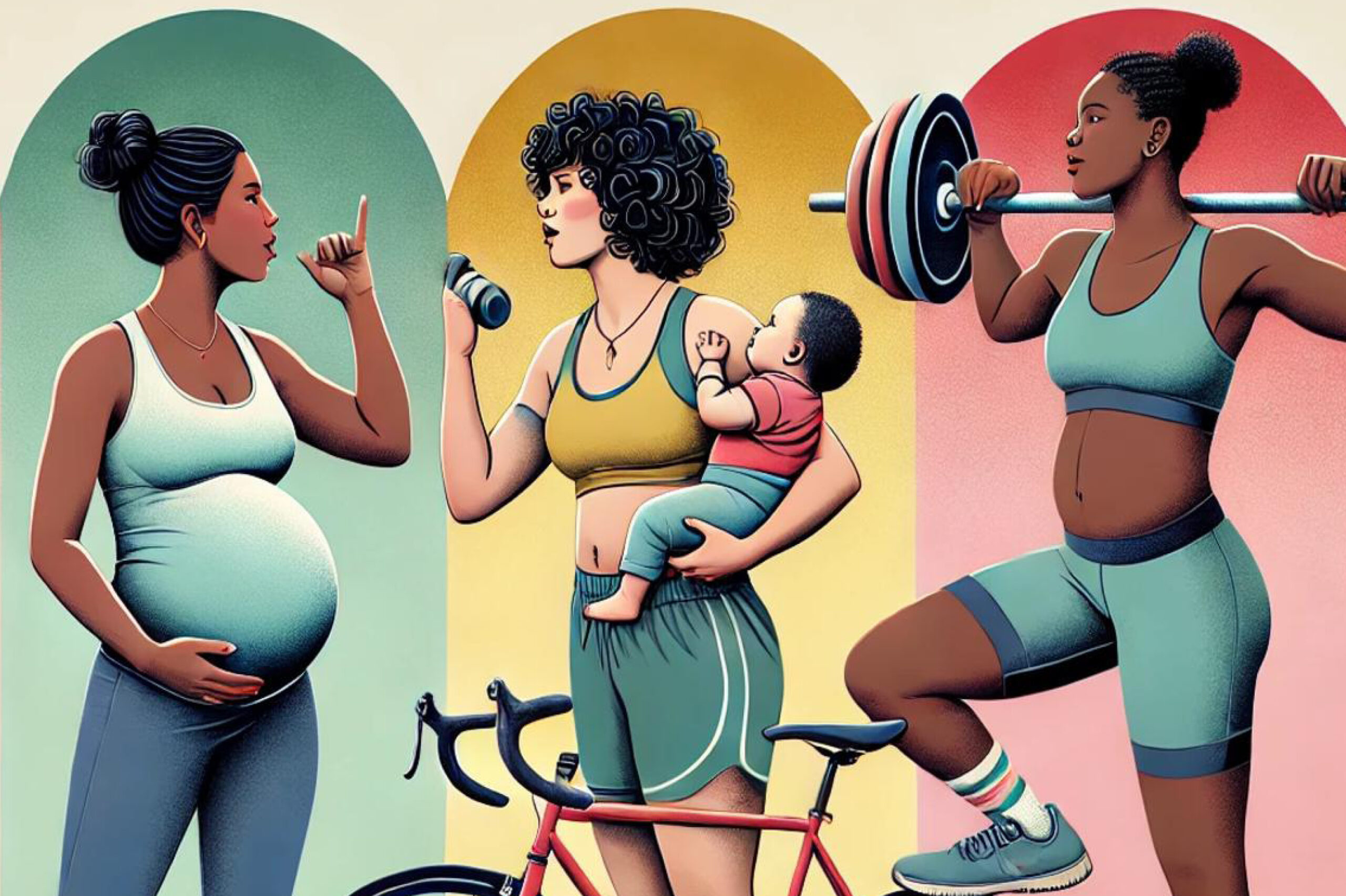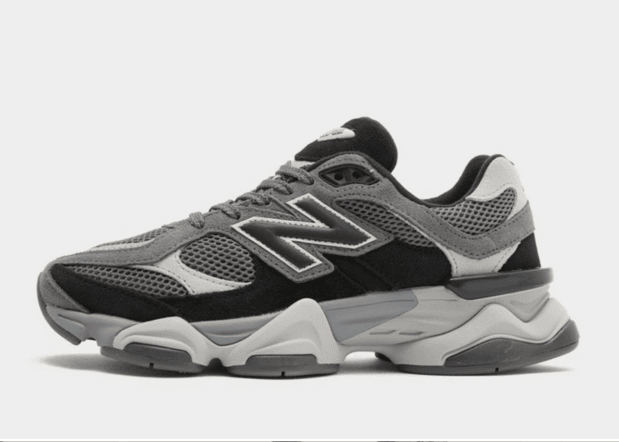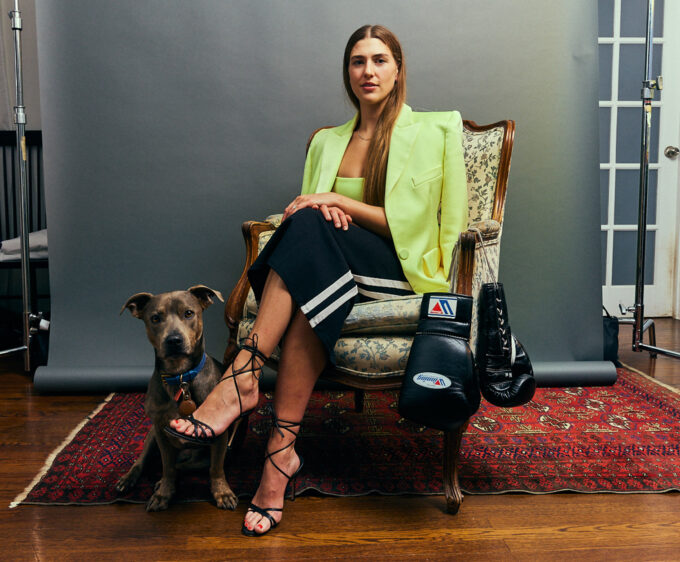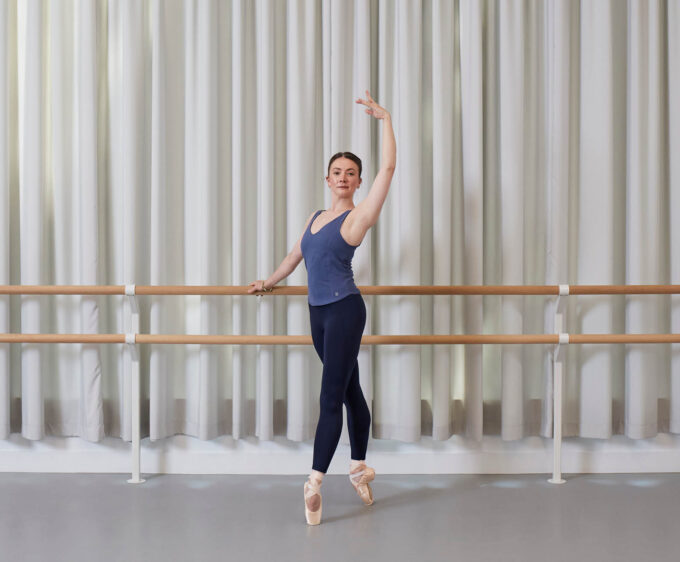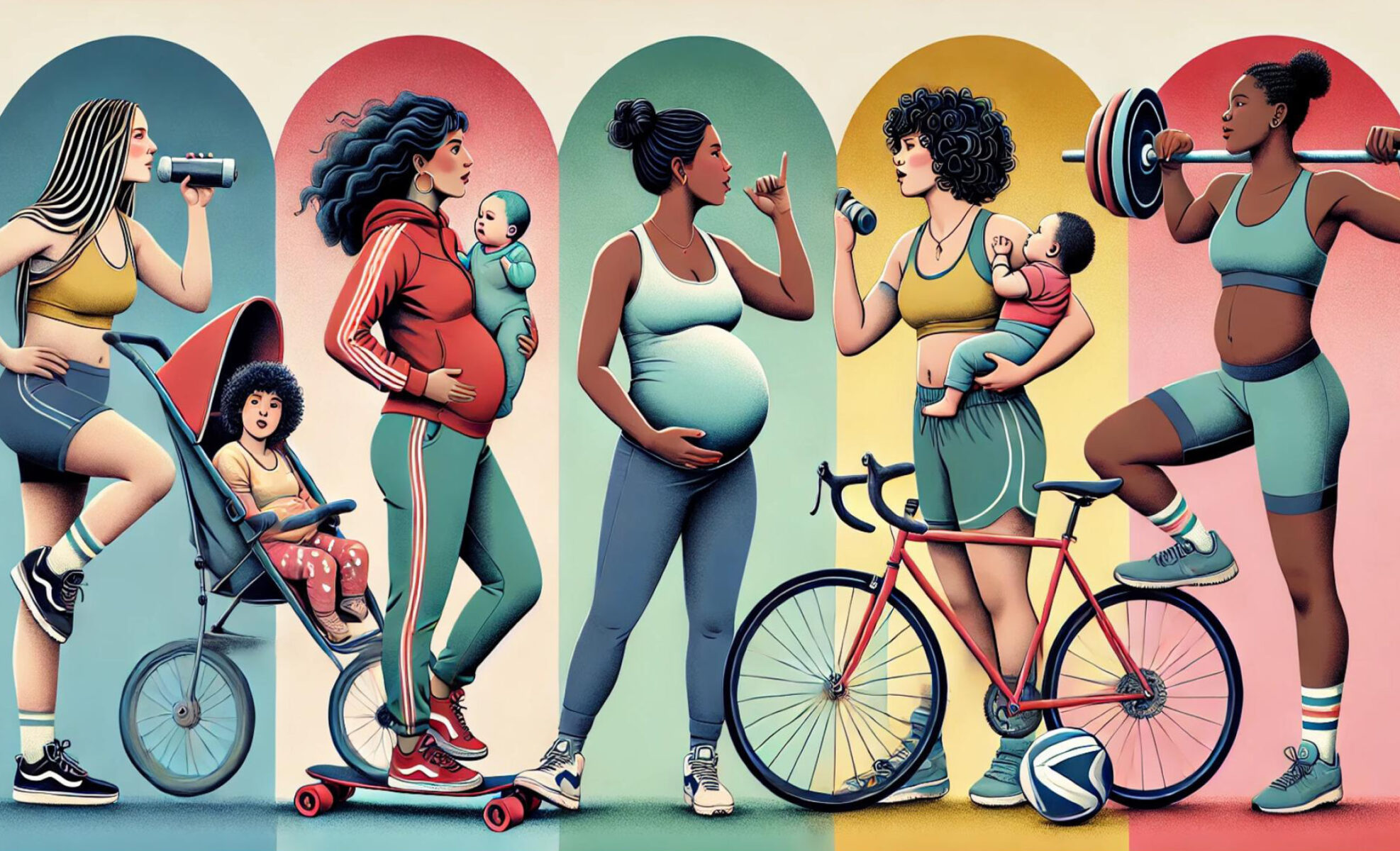
Maybe Baby?
How can sportswomen juggle the demands of peak physical performance with the ticking clock of fertility? We get the lowdown from fertility expert Professor Geeta Nargund.
By Glorious
When is the right time to have a baby? For many women, it’s a deeply personal question, but for sportswomen, it comes with added layers of complexity. Their bodies are not just vessels for athletic achievement but also the focal point of their careers—finely tuned machines that require constant care and attention. Family planning, by comparison, feels like a different kind of commitment altogether. So how do athletes navigate this delicate balance? To explore the challenges and choices involved, we spoke to Professor Geeta Nargund, Medical Director at CREATE Fertility and abc IVF, whose expertise helps shed light on the intricate relationship between fertility and athletic ambition.
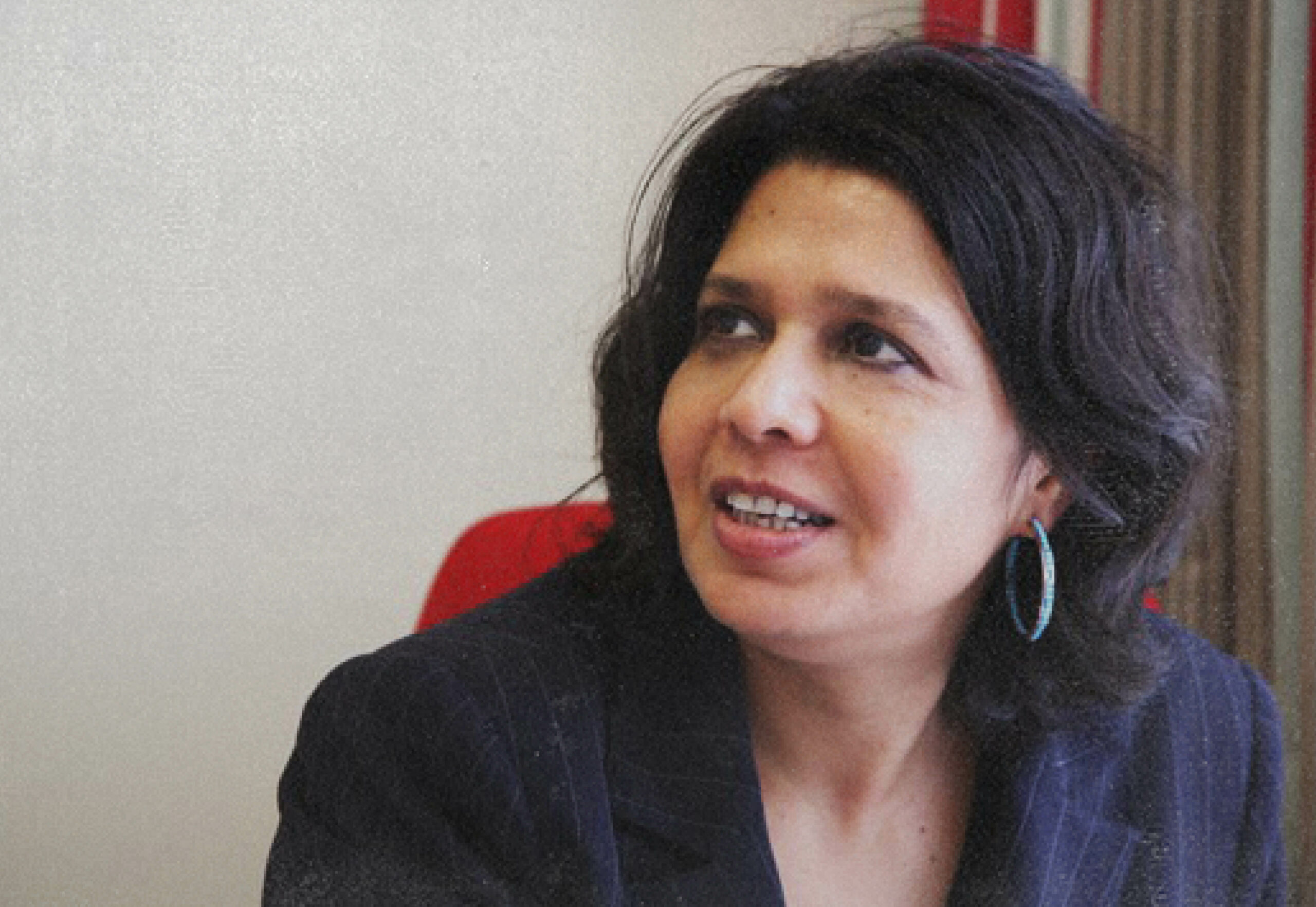
For sportswomen, one of the first questions that often comes up is whether there’s an “ideal” time to start a family. It’s a complicated topic, but Professor Nargund’s response is clear and empowering: “Every woman’s fertility journey is unique, and the best approach is to understand your individual fertility health.” This personalised approach is key, especially for athletes whose bodies operate under different conditions due to intense training regimens. While fertility tends to decline after the age of 35, Professor Nargund highlights that there’s no one-size-fits-all answer. It’s not simply about hitting a certain age—it’s about knowing where you stand hormonally and physically and making informed decisions based on that understanding.
A major part of this understanding involves paying attention to what your body is telling you. As Professor Nargund explains, “If a sportswoman experiences irregular periods or weight-related issues, these could be signals of hormonal imbalances that affect fertility.
For athletes, this can sometimes be easy to overlook. They are used to pushing through pain, ignoring discomfort, and focusing on performance. But these subtle signs—like irregular periods—can be telling a more significant story. It’s not just about the short-term impact on health but also the longer-term implications for fertility.
Naturally, the conversation often turns to exercise, the backbone of any athlete’s life. Regular physical activity is essential, but extremes in exercise can complicate things. “Excessive exercise, particularly when paired with maintaining a low body-fat percentage or BMI, can disrupt the natural menstrual cycle and hormonal balance,” says Professor Nargund. This can feel like an uncomfortable paradox for athletes, who often see their physical condition as a reflection of health and success. But maintaining peak fitness, particularly with low body fat, can come at a cost to fertility. It’s all about finding that balance—being physically fit without pushing the body into a state that undermines hormonal health.
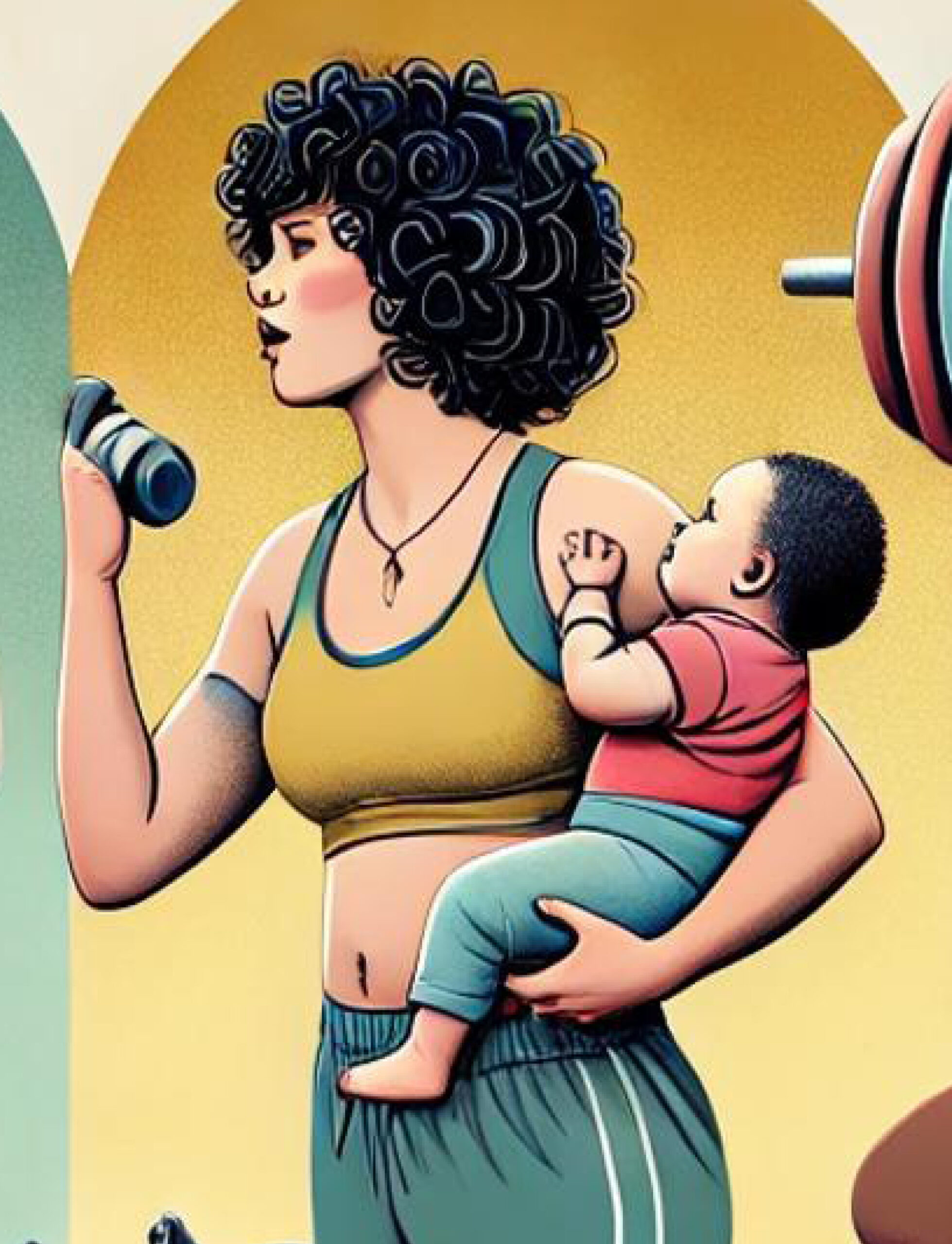
Surprisingly, some athletes may even believe that missing periods is a good thing—a sign of high performance. However, as Professor Nargund clarifies, “The absence of periods is actually a sign that the body’s hormonal balance is inadequate.” This misconception is important to dispel, as the long-term risks are too significant to ignore. While missing periods might not immediately affect athletic performance, it is a strong indicator of underlying hormonal imbalances that could make conceiving more difficult down the line. The good news, though, is that cycles can often be restored with time. “Menstrual cycles can often restart, but it may take several months for the body to return to its natural rhythm,” says Nargund. If the cycle doesn’t resume naturally, seeking medical advice becomes crucial.
This leads many sportswomen to consider egg freezing as an option to preserve their fertility while continuing their careers. However, this isn’t always as straightforward as it seems. “The process involves hormone injections, which can be challenging for sportswomen due to their training schedules,” explains Professor Nargund. For athletes who are committed to maintaining a strict training regimen, the idea of fitting in daily hormone injections and other aspects of fertility treatment can feel overwhelming. This adds another layer of complexity to the decision, particularly when timing is everything in both sport and fertility.
That’s why Professor Nargund strongly advocates for early education on fertility options. “Female athletes contemplating egg freezing or other fertility treatments should explore feasible options that align with their training schedules,” she suggests. Being proactive about fertility planning—whether that involves egg freezing or simply taking a fertility test to assess egg reserve—allows athletes to stay informed and empowered. Even if the time isn’t right for treatment, having the information early on can make all the difference when the decision does come.
The journey towards motherhood for sportswomen is, without a doubt, complex. The dedication, focus, and physical demands of an athletic career often mean that family planning can feel like an impossible juggle. But as Professor Nargund reminds us, understanding how age, exercise, and hormonal balance affect fertility is the key to making informed decisions. “Each woman’s fertility journey is different,” she stresses, and by taking the time to learn about their bodies, sportswomen can strike a balance between their professional aspirations and their personal hopes for a family.
Opportunity
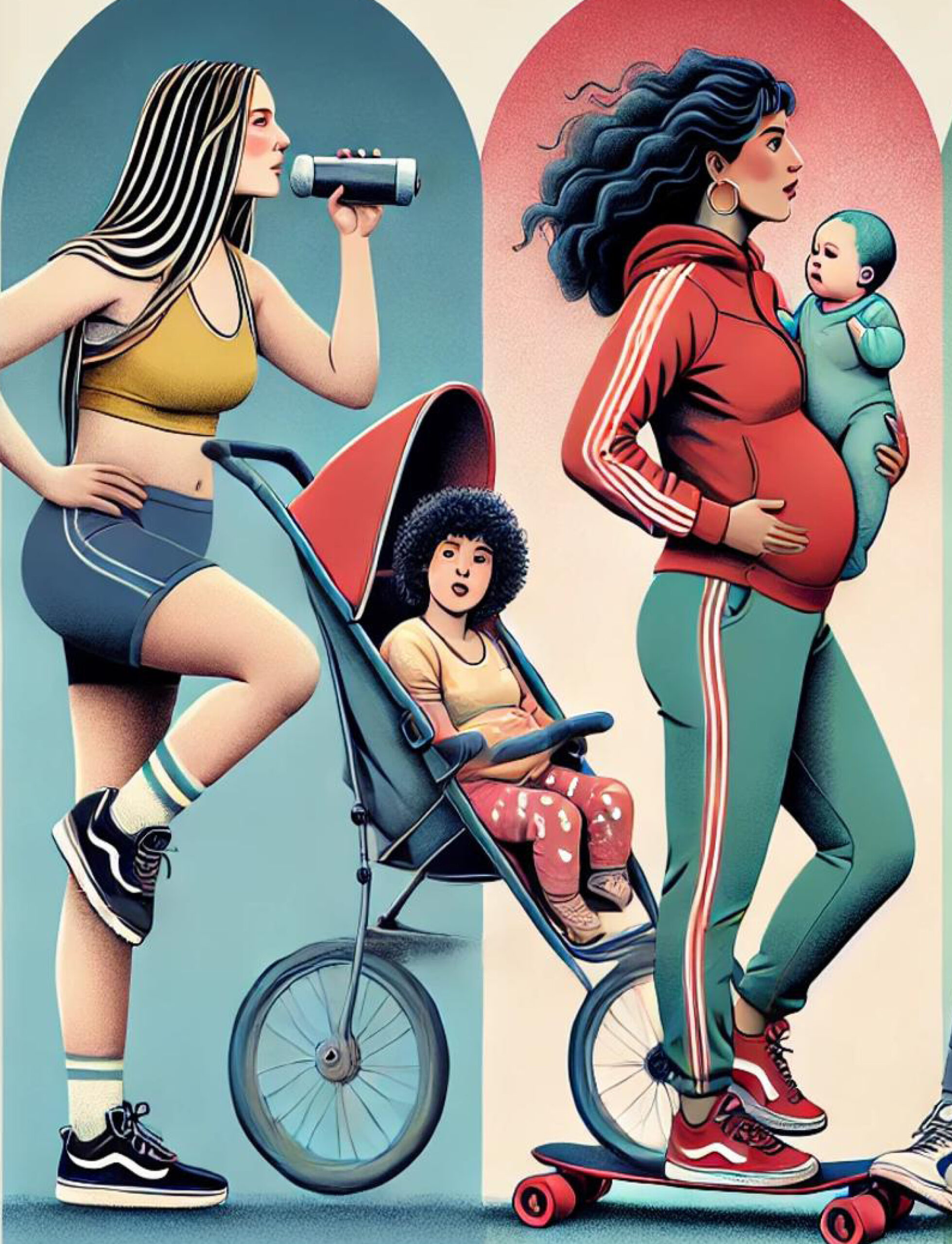
In the end, it’s not about sacrificing one dream for another. Athletes don’t need to choose between excelling in sport and starting a family. With the right information, the support of medical experts, and careful planning, it’s possible to have both. The journey might require some adjustment, whether it’s tweaking training routines, paying attention to hormonal changes, or exploring options like egg freezing. But with knowledge and foresight, sportswomen can navigate these decisions confidently, ensuring they’re ready for whatever comes next—both on the field and in life.
Find out more about Professor Geeta Nargund via CREATE Fertility and abc IVF
